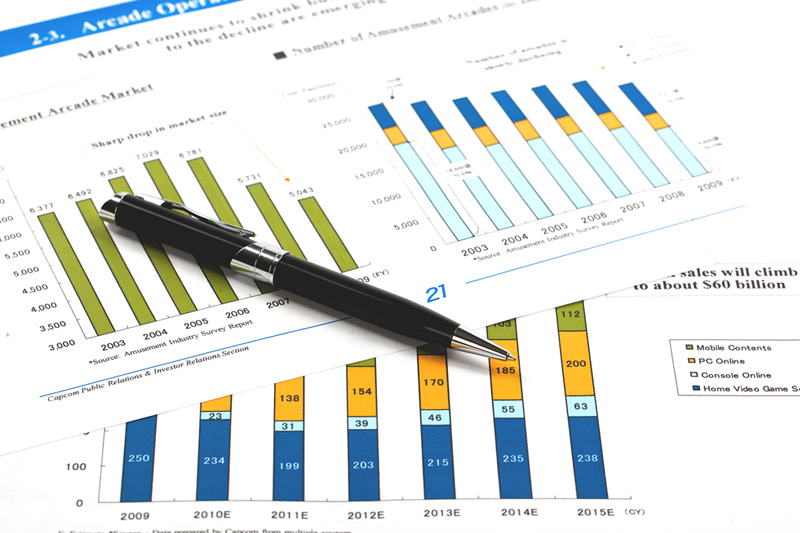Capital Economics predicts strong headwinds to growth in 2025 for emerging markets, with expectations falling below the consensus.
The firm anticipates that while the US trade policy will primarily affect China and Mexico, the overall impact on most countries will be limited.
Emerging Market currencies are expected to depreciate in 2025, but due to robust EM balance sheets, a disorderly adjustment seems unlikely.
In China, the government has indicated a further loosening of policies to support economic activity in the near term. Despite this, the firm forecasts a slowdown in China’s growth in the next year, driven by a tougher external environment and a continued decline in property prices and construction.
India, on the other hand, is experiencing a slowdown after a period of strong economic performance. The report suggests that India’s economy will likely underperform in its local equities market compared to other major benchmarks.
For other Asian economies, the firm forecasts that with persistent weak growth and low inflation, central banks in the region will likely continue to reduce interest rates in the coming months.
The outlook for Emerging Europe is not optimistic, with the firm expecting most economies in the region to experience disappointing growth in 2025, diverging from the consensus. However, higher-than-expected inflation is likely to result in interest rates ending the year higher than many anticipate.
In Latin America, the firm projects weak GDP growth due to tight policy, worsening terms of trade, and, particularly for Mexico, the impact of US trade protectionism.
Fiscal risks are also highlighted, with governments expected to struggle to meet budget targets, which could leave local currencies vulnerable.
Lastly, the Middle East & North Africa region is forecasted to see an uptick in GDP growth over 2025-26, supported by increased energy output.
Nevertheless, the positive effects of lower interest rates are expected to be counterbalanced by stringent fiscal policy, which will likely suppress domestic demand.
Meanwhile, Sub-Saharan Africa is projected to experience an acceleration in GDP growth from early next year due to falling inflation and looser monetary policy, although tight fiscal policy will limit the extent of the recovery.
This article was generated with the support of AI and reviewed by an editor. For more information see our T&C.



